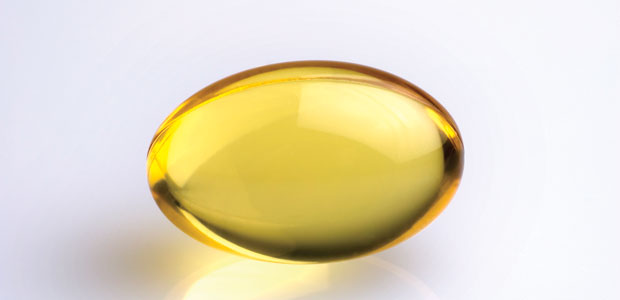Advertisement
Acne’s Oily Secret
Omega-3 to the rescue

From sunburn to psoriasis, acne to eczema, inflammation is often the common thread in unwanted skin conditions. Now, as nutritional medicine advances, it is becoming increasingly clear that dietary choices can influence inflammation in all parts of the human body, including the skin.
This was originally noticed when lower incidences of acne became evident in non-Westernized societies. Today research has proven the link. In societies where the average diet is high in omega-3 fatty acids, acne is virtually non-existent. Conversely, as consumption of omega-3 is reduced, incidences of acne increase.
Inflammation and Oil Intake
Ensuring adequate dietary fish intake is an excellent way to acquire omega-3 fatty acids. Fish oil, which contains eicosapentaenoic acid (EPA), is extremely effective in regulating inflammation. Specifically, it lowers the levels of inflammatory chemicals called prostaglandin E2 (PGE2) and leukotriene B4 (LTB4). These chemicals, in excess, cause a variety of skin conditions. Elevated levels of chemicals may be caused by a diet particularly high in oils rich in omega-6 such as corn, safflower, sunflower, and soybean. Overconsumption of these oils can promote inflammation and elevated levels of PGE2 and LTB4.
Considering that the average North American diet has an omega-6 to omega-3 ratio as high as 20 to one, there is a clear link to our high incidence of acne, psoriasis, and other unwanted skin conditions.
Supplementation and Well-Being
Sadly the average North American diet is far from providing a two to one ratio that is often found in non-Westernized societies and recently recommended by an international panel of lipid experts.
What’s more, in a study published in 2000 in Nutrition and Cancer, a higher intake of omega-3 fatty acids, relative to omega-6, was associated with a decreased risk of skin cancer. Following this, a 2003 study in Carcinogenesis showed that orally administered EPA could reduce the redness of sunburn in humans and potentially reduce the risk of skin cancer because of its ability to interfere with DNA damage.
Most of our annual UV damage comes not from the occasional vacation in the sun but from daily exposure without sunscreen protection. Therefore dietary considerations such as supplementation with antioxidants, vitamin D, and omega-3 fatty acids becomes all the more relevant and important for long-term health and well-being.
While fish oils are certainly no substitute for the medical treatment of dermatological conditions, today’s exciting research provides enough reason to encourage adequate dietary intake of omega-3 fatty acids for healthy, glowing skin.





